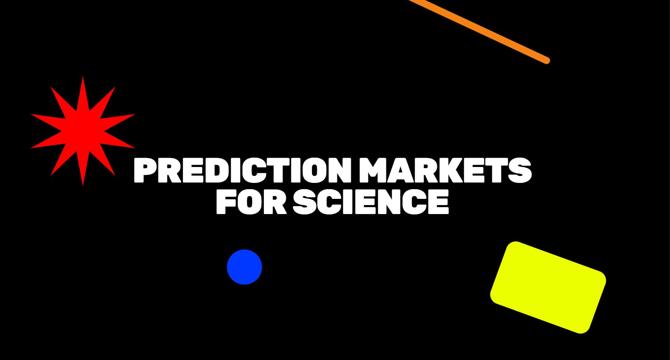Hackernoon
4w
93

Image Credit: Hackernoon
Science Has a Credibility Problem. Can Gambling Fix It?
- Scientific prediction markets offer a radical approach by replacing outdated validation systems with real-time, decentralized knowledge aggregation and testing.
- They are seen as living laboratories that stress-test, refine, and validate hypotheses through financial incentives.
- This shift from traditional validation mechanisms to market-driven forecasting holds promise in addressing the reproducibility crisis in science.
- Prediction markets showcase collective intelligence by continuously adapting to new data and insights, promoting a self-correcting model of science.
- They integrate dispersed knowledge, foster consensus building, and encourage transparency and open science initiatives.
- By introducing financial incentives for accuracy, prediction markets drive participants to prioritize truth over biases and narratives.
- Challenges faced by scientific prediction markets include limited participation, liquidity issues, and niche appeal, hindering their widespread adoption.
- Decentralized platforms like Polymarket and Hedgehog Markets show potential in revolutionizing scientific forecasting by engaging diverse participants.
- The future of scientific prediction markets lies in AI-resolution, hybrid peer review-market models, and integration with open science platforms.
- Despite risks of manipulation and ethical dilemmas, prediction markets present an audacious alternative for dynamic, self-correcting knowledge generation in science.
Read Full Article
5 Likes
For uninterrupted reading, download the app